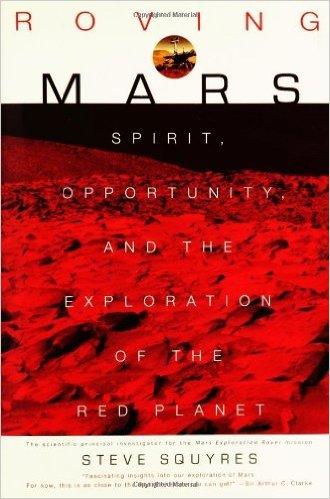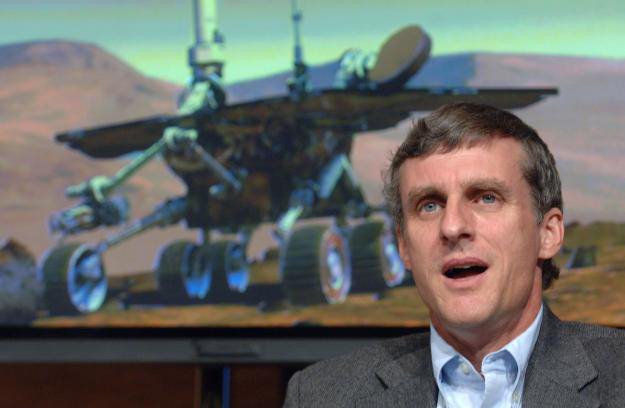 2006 Distinguished Explorer Announced
2006 Distinguished Explorer Announced
Steve Squyres, scientific principal investigator for the Mars Exploration Rover mission to the red planet, received the fourth Roy Chapman Andrews Society Distinguished Explorer Award in a filled-to-capacity ceremony in Beloit, Wisconsin, hometown of the award’s namesake.
Squyres directs ongoing scientific research on Mars by twin remote-control rovers named Spirit and Opportunity. The rovers reached Mars in January 2004 following six months of space travel, 35 months of design and construction, and a multi-year conception. Squyres’s efforts to explore Mars reach back through 16 years of scientific and bureaucratic trial, error, red tape, and perseverance.
.


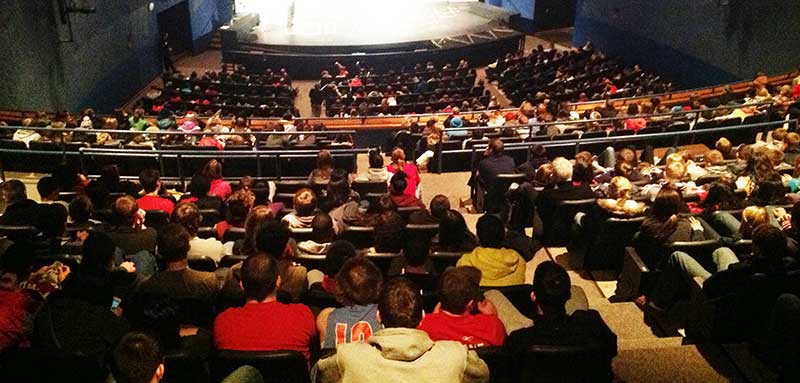
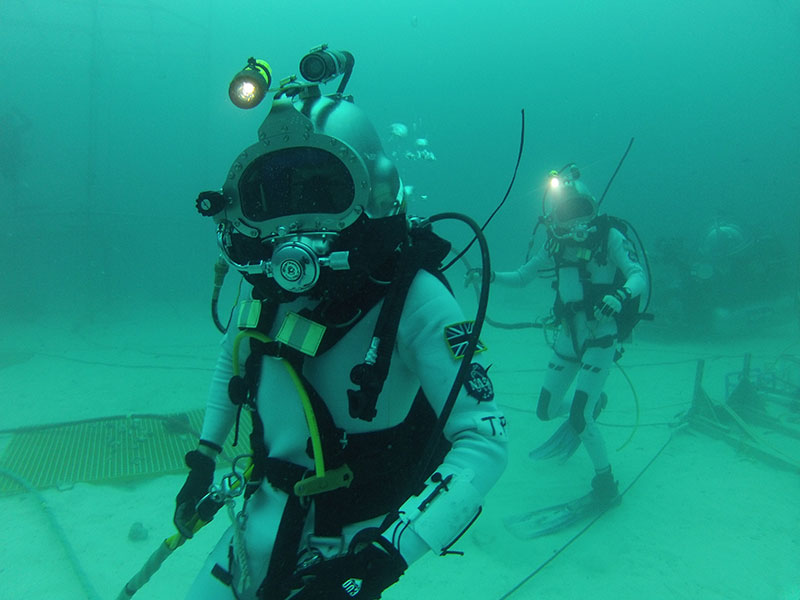 Just reaching Mars with successful twin flights marked a major scientific and engineering achievement. The research that followed—most notably the confirmation that water once flowed on Mars—makes these unmanned explorations as significant as any exploration on planet Earth. As remarkable is the endurance of the two rovers, vehicles designed to perform for the equivalent of 90 Martian days. Yet, more than two years after first setting off for the fourth planet from the Sun, the rovers continue to explore the landscape of Mars.
Just reaching Mars with successful twin flights marked a major scientific and engineering achievement. The research that followed—most notably the confirmation that water once flowed on Mars—makes these unmanned explorations as significant as any exploration on planet Earth. As remarkable is the endurance of the two rovers, vehicles designed to perform for the equivalent of 90 Martian days. Yet, more than two years after first setting off for the fourth planet from the Sun, the rovers continue to explore the landscape of Mars.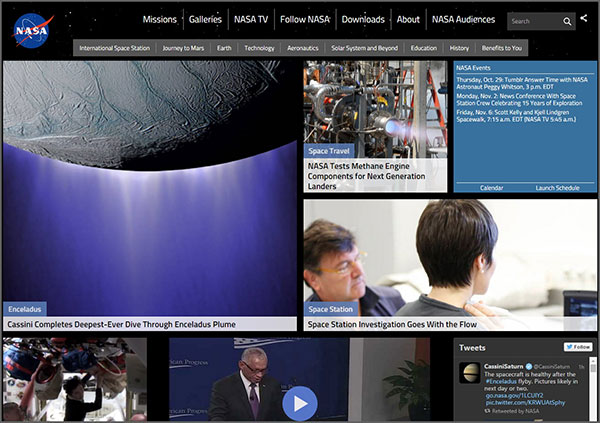 Dr. Squyres is a Professor of Astronomy at Cornell University. Research for which he is best known includes study of the history and distribution of water on Mars, and of the possible existence of a liquid water ocean on Europa.
Dr. Squyres is a Professor of Astronomy at Cornell University. Research for which he is best known includes study of the history and distribution of water on Mars, and of the possible existence of a liquid water ocean on Europa.